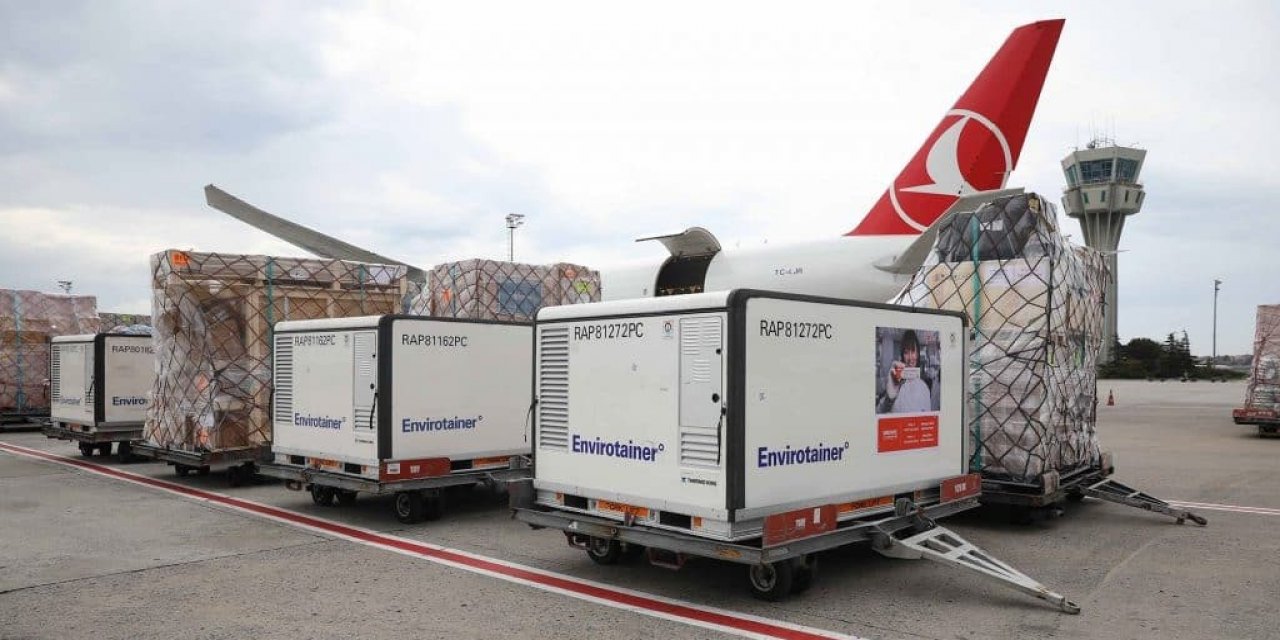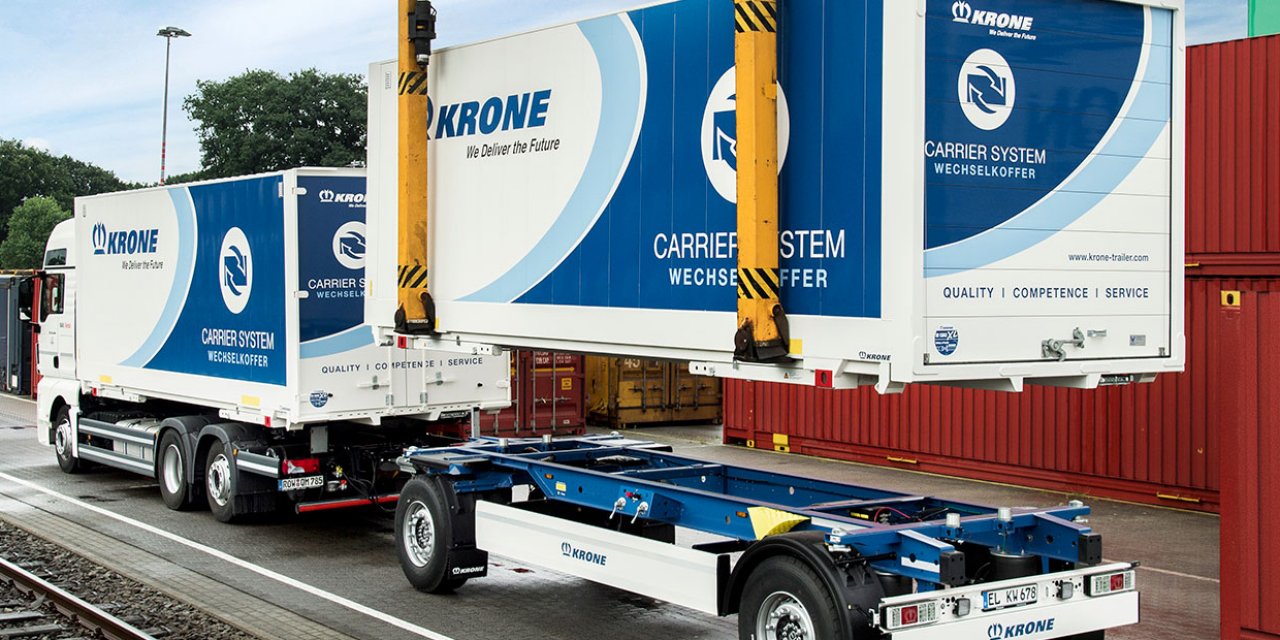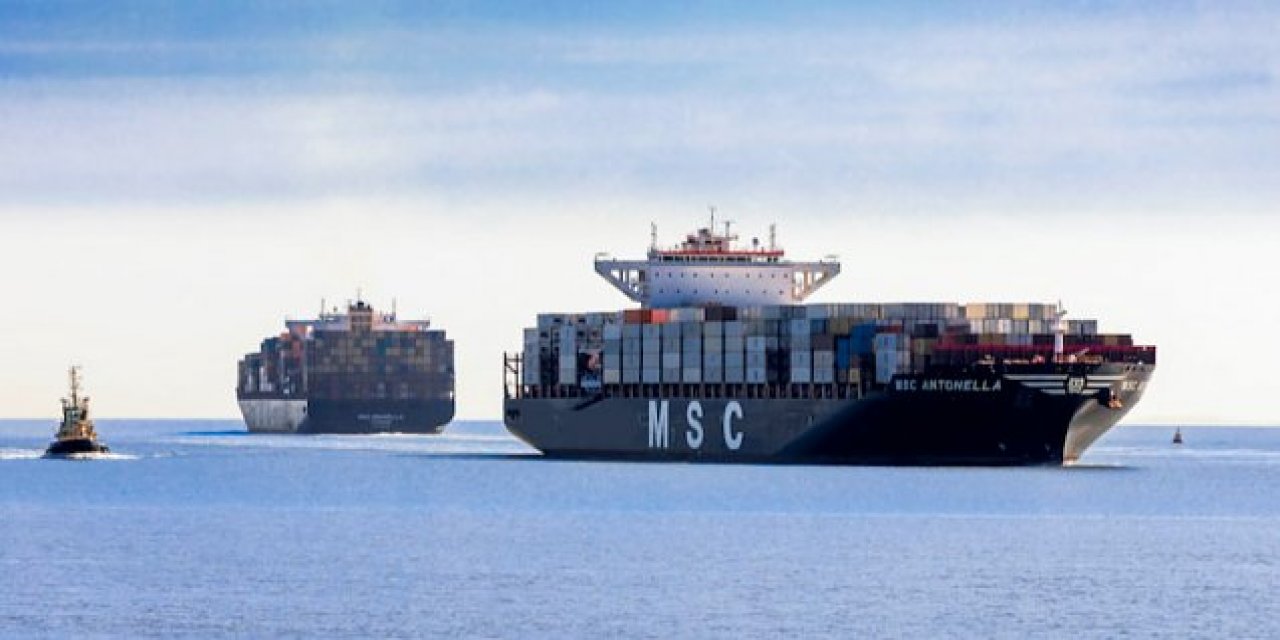
Ocean freight rollovers causing supply chaos for shippers
With container vessels still full from Asia to the US and Europe, shippers and forwarders are not only struggling to secure slots, they are also wrestling with supply chain disruptions caused by cargo rollovers.
Jordi Espin, Maritime Transport Council policy manager at the European Shippers’ Council, told Lloyd’s Loading List the failure of container lines to notify shippers when cargo is delayed due to rollovers is continuing to cause chaos in ocean shipping supply chains.
“It is imperative that cargo owners know where the cargo is at all times,” he said. “Cargo should have its own rights, the same way passengers currently have. It is inconceivable that customers lack information just because transport flows are rescheduled.
“This really affects transit time visibility and, therefore, the transparency of the whole maritime transport flow. The current opacity which exists in the maritime supply chain information flow needs to be erased.
“Shipping lines have to shift to developing customer-oriented services instead of acting only as volume movers.”
As reported last week in Lloyd’s Loading List, in most leading Asian container shipping hubs, between a fifth and a third of transhipment cargo is currently subject to rollovers, adding to the supply chain disruption experienced by shippers due to capacity and equipment shortages.
Brian Wu, chairman of the Hong Kong Association of Freight Forwarding, said carriers had severely overbooked services around China’s Golden Week holidays at the start of October resulting in additional rollovers at Singapore, Malaysia and other hubs.
“This is one of the practices that shipping lines apply during overbooked situations,” he added. “To protect the overbooked container, they reschedule vessel sailings as needed instead of off-loading the container at the port of loading.”
According to Wu, when cargo is rolled at transhipment hubs, delays are usually less than seven days. However, rollovers at origin ports typically cause delays of over a week and, when cargo is rolled and the next sailing at an origin port by the carrier is blanked, delays can quickly escalate to over 14 days.
Price is the determining factor
Wu said price is usually the determining factor in which cargo is rolled. “The shipping lines tend to look into their contract agreements with respective forwarding agents so they can optimise their revenue on slots,” he said. “High revenue contracts can generally obtain – and keep – more space.”
The disruption caused by rollovers is being exacerbated this year by exceptional demand levels. Normally, the peak shipping season when retailers stock up for the holiday season would be coming to a close towards the end of October. However, so far in 2020, there is little sign of a seasonal lull.
Jeremy Nixon, CEO of Ocean Network Express (ONE), said last week that all ships and containers are currently sailing full, a view supported by Brian Bourke, Chief Growth Officer at SEKO Logistics.
He told Lloyd’s Loading List that current lead times to secure a slot on a vessel to the US from China were around two weeks, and shippers should book space as early as possible.
Book early
“That’s what we’re recommending to all our importers: make your bookings in advance,” he said. “You may not know that you’re going to need 10 containers or three containers, but book it early, because global trade is really hot right now. Lead times are extending to around four to six weeks from booking a slot to receipt of cargo.”
Wu said container demand was expected to remain strong over the coming weeks. “Container demand normally softens after the Golden Week holiday, which is usually the start of the slack season,” he said.
“However, due to COVID-19, demand is different this year. For slots to the US, in many cases customers have to pay $1,000 on top of standard spot rates to protect their space.”
As reported in Lloyd’s Loading List, there has been little sign of spot freight rates on the major East-West trades softening significantly this month.
On the Asia-North America headhaul trade, US forwarder Flexport expects carriers to implement General Rate Increases on 1 November. The forwarder also reports that carrier capacity and equipment shortages are at “all-time difficult levels” with “capacity constraints to continue through the rest of Q4”.
It recommends advanced booking notice of 14 days prior to the Cargo Ready Date.
On the Asia-Europe westbound trade, General Rate Increases on 1 and 15 October were partially implemented by carriers and demand has recovered quickly post-Golden Week, it noted.
Flexport expects the market to be very strong through November, with equipment shortages ongoing.
LOJİPORT

















Türkçe karakter kullanılmayan ve büyük harflerle yazılmış yorumlar onaylanmamaktadır.